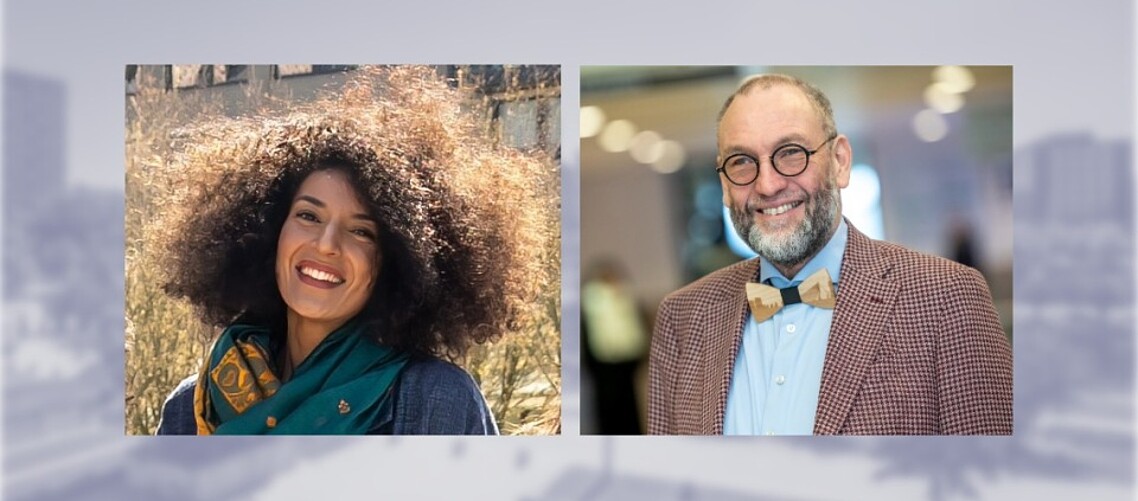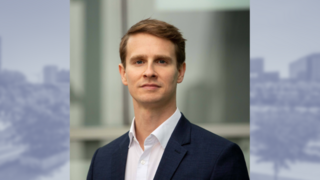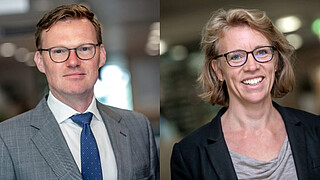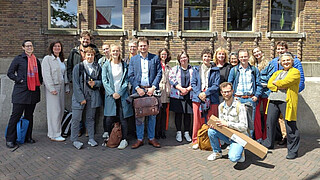FRIIV’s human-centred approach recognises refugees as agents of change and agency in their new communities, not just as beneficiaries of aid. “By investing in their potential and amplifying their voices from within, instead of from the outside – which happens too often in projects including refugees and migrants – the FRIIV project embodies the EU’s vision of a united, inclusive, and participatory Europe,” explained project leader Dr Malika Ouacha.
Replication across Europe
RSM is the main applicant in the collaborative project and is responsible for the research, monitoring, and evaluation of the project’s impact. RSM will also contribute to the design of training materials, drawing on expertise in leadership, diversity, and organisational behaviour to ensure that the training model can be replicated across Europe.
A European collaboration
The consortium brings together universities, volunteer organisations, and NGOs working in the field of social inclusion, migration, and gender equality. FRIIV is led by Dr Malika Ouacha and Prof. Lucas Meijs of the Department of Business-Society Management at RSM working in collaboration with partners from the Centre for European Volunteering in Belgium, OTB Europe in Portugal, Platform of Volunteer Centres and Organizations in Slovakia, and Adam Mickiewicz University in Poland.
A bridge towards society
Inclusion and diversity in volunteering is one of the EU’s priorities. By focusing on female refugees from European backgrounds (such as Ukraine) and non-European backgrounds, the project explores how volunteering can serve as a bridge towards empowerment, integration, and participation in European society. A carefully designed training programme will support volunteer managers and female volunteers – some of whom were refugees and are still refugees – to become less isolated, build skills, increase their confidence and integration, and become more culturally aware so they can foster more inclusivity in European societies and volunteer environments.
Main aims
The project aims to create a more inclusive and culturally diverse volunteering sector across Europe. Specifically, it seeks to:
- Help female refugees find their way out of isolation into society.
- Empower both current and former female refugees to become active contributors in their communities
- Strengthen the capacities of volunteer managers to better understand and support female refugee volunteers
- Promote intercultural dialogue and solidarity through inclusive volunteering practices
- Develop an evidence-based curriculum that can be adopted by academics and volunteer organisations across Europe.
Volunteer organisations and refugee communities will benefit. Female refugees will gain professional and personal skills, while organisations will enhance their capacity to manage diversity and inclusion effectively.




